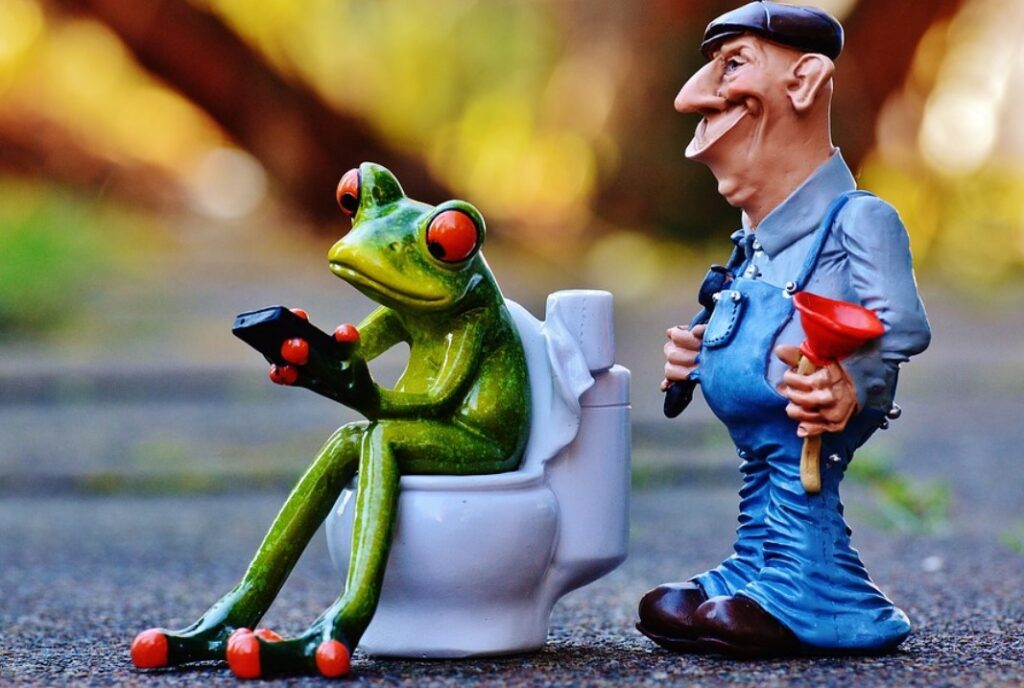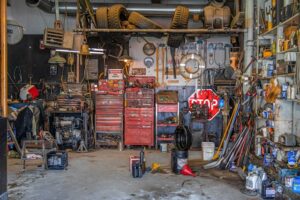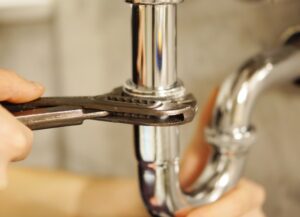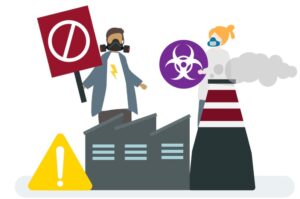
How many Victoria residents have gone in search of help to get a blocked drains plumber in Melbourne at some point? Blocked drains are among the most common complaints that plumbers are called out to solve. Minor blockages can often be dealt with at home with the help of plungers or of the confident and competent application of tools to remove a pipe under the kitchen sink, for example, to manually clear a blockage from the pipe before screwing it back in place.
These things are easy enough, but when things get serious, professionals are needed. What can we do, then, to avoid the bad circumstances altogether? Here are some great pro tips on keeping your drains clean and clear in the future.
Tip 1: Keep All Food and Coffee Ground Out of There
If more people lived by the cardinal rule of never allowing food particles and coffee grounds to run down their kitchen drain, then the likelihood of blockage would already drop significantly. The best place for leftover food is either in your trash, or in your composting if you have a compost heap.
The use of drain guards, nets and similar devices is ideal for catching potentially drain-blocking debris before it has a chance to get into the drain. These can then simply be lifted out of the drain and the contents poured into the garbage.
Tip 2: Keep All Liquid Grease Out of There
Technically, you might say this is part of the food problem, but grease is a bit trickier because it can’t always be stopped by drain guards. Liquid grease when it’s fresh from your cooking pans is almost as liquid and runny as water. After it flows into your drains, cools and hardens, however, it becomes an entirely new and plumbing-threatening problem.
Therefore, it’s important that we be more mindful of food grease, draining it into sealable containers to cool, and away from our drains. Once it’s cooled, you can put the grease in the trash, or take it to a recycling centre.
Tip 3: Brush Your Hair Before Showering, and Use Hair Guards
Your bathroom drains are safe from the grease and food waste of the kitchen, but they have their own enemies, namely your hair and the soap scum that emerges from the showering process. There are two things you can do to protect your shower drains and keep them clear. First and foremost, brush your hair before showering. It will remove any loose hairs and minimise the amount that makes it to your drain.
Second, ensure that your shower drain or bath plughole has a hair catcher or perforated mesh screen filter to prevent hair from going down the drain.
Tip 4: Know What Flushes and What Doesn’t!
Let’s turn now to the toilet, which is most commonly blocked by people who have decided that toilet paper isn’t the only thing that can be flushed down there. With people turning to wet wipes, paper towels and other materials, there has been an increase in blockages nationwide. What’s more, people continue bad practices of flushing feminine hygiene products, condoms and other things that should never be flushed.
The reason toilet paper works and the others don’t is that toilet paper naturally disintegrates and shreds up as it’s being flushed. Other materials — even paper towels — do not. They remain fully intact, which is why they much more easily block the system.
Tip 5: Keep Obvious Clutter Away from Outdoor Drains
Finally, let’s think about the outdoor drains. These are a lot more problematic when they get blocked or have other problems and are best left to the pros. What you can do, however, is to endeavor to keep them flowing by ensuring that they remain free of leaves and other vegetation and natural debris that might grow around them. Ensure they have a kind of “exclusion zone” around them by keeping all potential blocking debris away.




